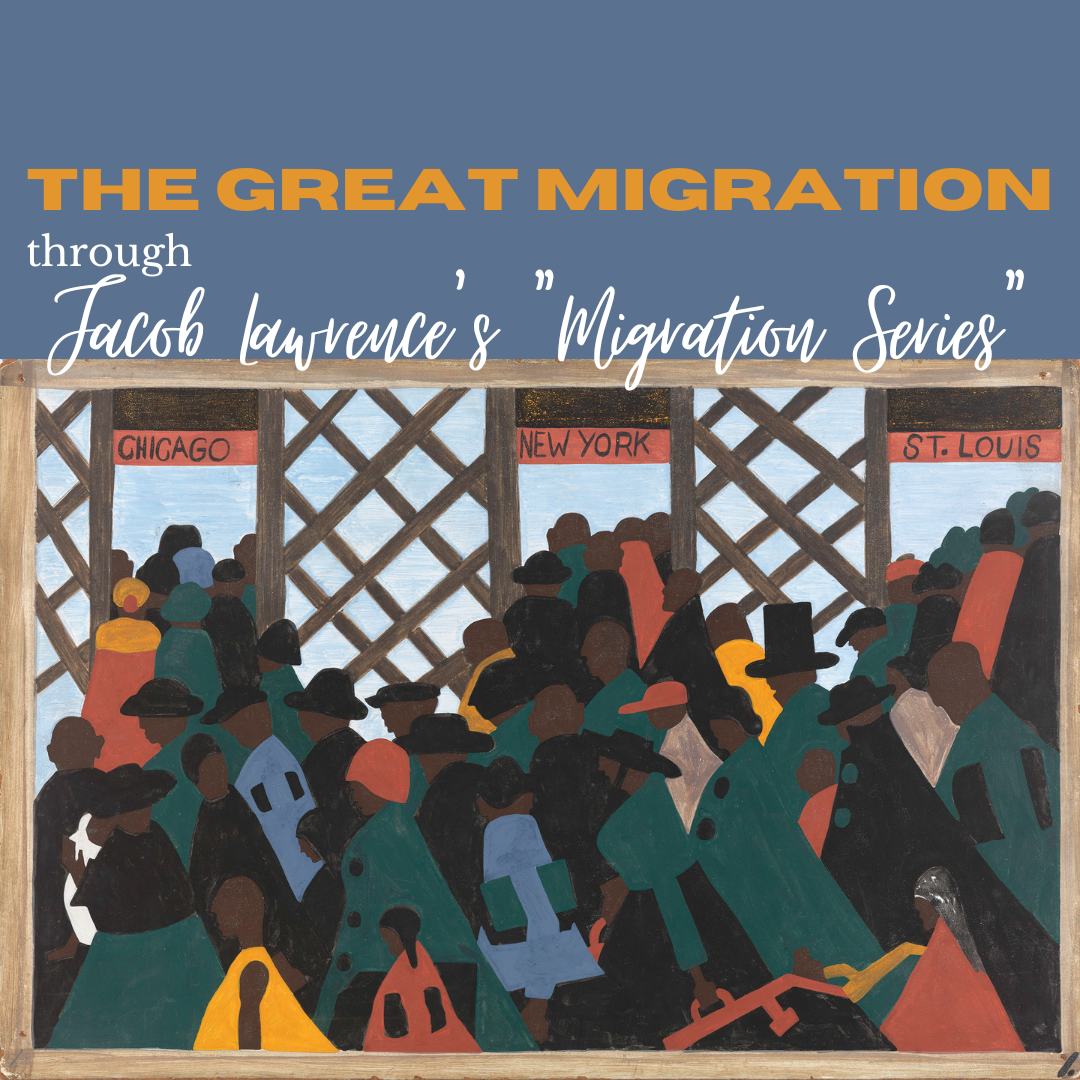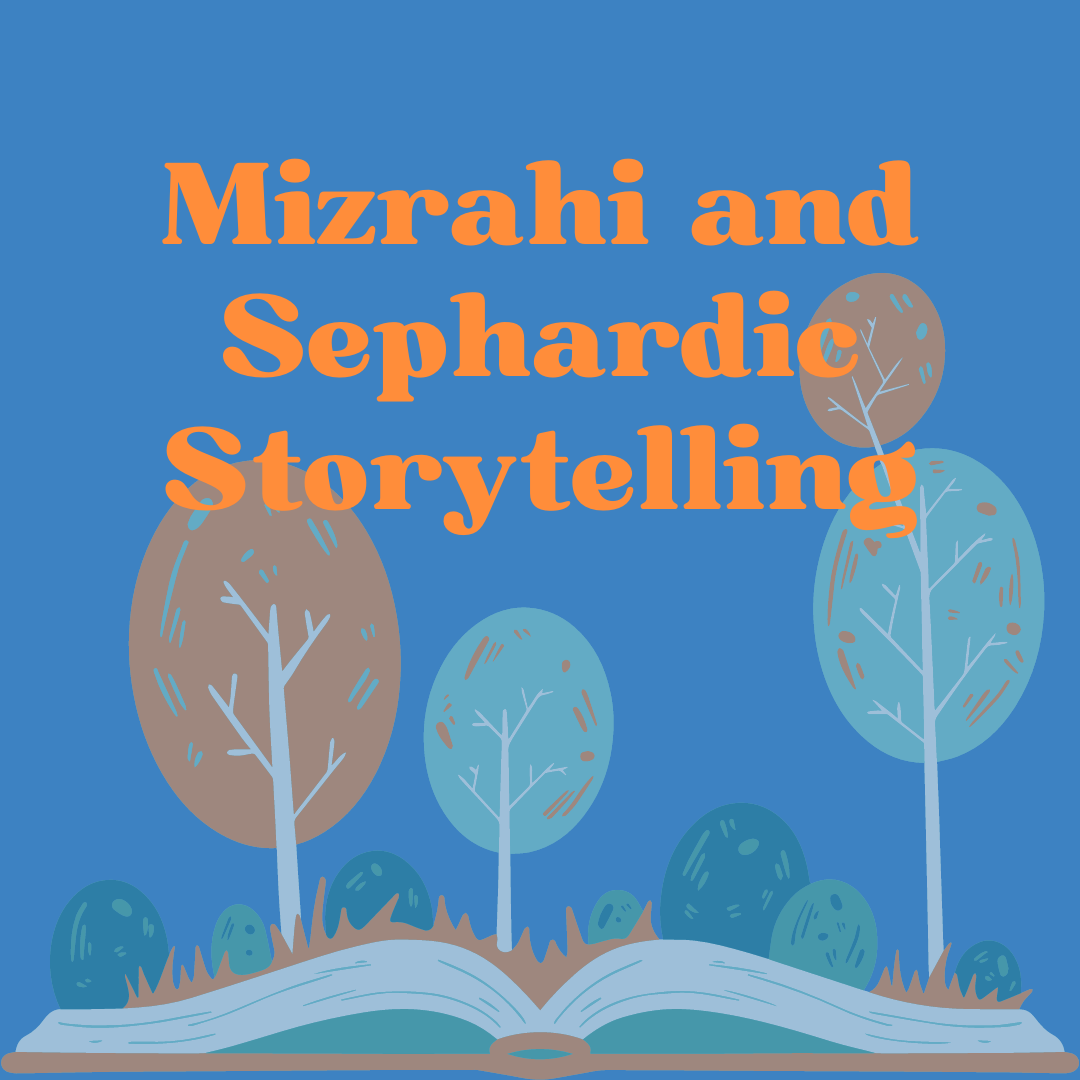Lesson Plans
We want the process of incorporating BIPOC voices and building an anti-racist classroom to be as accessible to educators as possible. That’s why our lesson plans are aligned with national education standards, designed to be flexibly integrated into your existing class curriculum, and include a variety of activities (including interactive slides that can be shared with your students). Whether you use these as stand-alone lessons or adopt a whole lesson plan series, we hope these resources will help you build an empowering community alongside your students. Check back often, we are always releasing new lesson plans!
Grade Level Standards Met




Jakarta is Sinking: The Colonial Roots of Our Climate Crisis
Why is Jakarta sinking? How does a history of colonialism impact Indigenous Jakartans? In this lesson plan, students will explore the colonial roots of our climate crisis through the lens of Indonesia's sinking capital city of Jakarta. They will also learn about the various factors impacting groundwater depletion as well as the state of global water access.

Mizrahi and Sephardic Storytelling
Mizrahi and Sephardic Jews are Jewish Diasporic groups that are often underrepresented in education and media. Mizrahi and Sephardic culture is rich, vibrant, and dynamic. In this lesson plan, students will learn about Mizrahi and Sephardic culture, analyze how cultural elements appear in folktales, and then create their own storybook incorporating folktales and elements of their own culture.

Breaking the Stigma: AANHPI Mental Health
Best fit for health classes, students will learn about the complex cultural, political, and economic factors that affect diverse AANHPI groups and their mental health. Through multiple interactive activities such as discussions, lectures, videos, and projects, students will create a pamphlet on AANHPI mental health for their community, teaching students that their knowledge has the power to positively impact the world!

Exploring Classroom Identities and Intersectionality through an Asian Jewish Lens
Often, people have an incomplete idea of the nature of different identities, such as Asian and Jewish identities. In this lesson plan, students will explore identity and intersectionality and apply it to Asian Jewish experiences and their own lives. Through videos, discussions, worksheets, and a project, students will gain a greater understanding of what it means to hold multiple identities.

Exploring the History, Culture, and Symbols of the Parsi People
The Parsi people are an ethnoreligious group living in India and are a community that is vibrant and has a rich history. Parsis practice Zoroastrianism, which originated in Ancient Persia and is one of the oldest religions in the world. In this lesson, students will explore the history and modern traditions of Parsis and Zoroastrianism by learning about the New Year, Nowruz. Students will practice analysis, research, and presentation by analyzing and explaining symbols relating to Nowruz and in their own cultures.

Deconstructing and Analyzing the Model Minority Myth in the U.S.
The model minority myth is a stereotype to which people of Asian descent are too frequently subjected. This lesson plan defines and debunks the myth at the elementary level. Students will compare different ways in which people experience the effects of this stereotype through short anecdote comparison in order to gain a more nuanced understanding of how such stereotypes are designed to harm others.

Geography, the Compass, and Navigation
This lesson will expose students to geography and mapmaking, the compass and magnetism, and navigation. Students will explore how maps can be useful for making sense of the world by exploring the development of languages in southern India and their influence on each other due to geographic proximity.

Bengal Famine of 1943
In this lesson, students will learn more about the Bengal Famine of 1943, as well as the context leading up to this event and its subsequent ramifications. It is best fit for students in grades 6-8 and includes a variety of activities, discussion prompts, and assignments that can help guide the students in the process of analyzing this historical event. Students will be expected to review primary sources and engage in dialogue that strengthens investigative skills and centers imperial policies, practices, and effects, such as this famine, in the greater context of our modern world.

Angel Island: The Asian Immigrant's Experience in the U.S.
In this lesson, students will learn about Angel Island to supplement their understanding of immigration policies and the history of immigration in America. Students will engage with images and texts describing the development and impact of the Angel Island Immigration Station, and compare Angel Island to Ellis Island as a way to apply various historical thinking skills.

Discovering the World of the Ancient Champa
In this lesson plans, students will learn about the geography, historical development, economics, and culture of the Ancient Champa Kingdom. This lesson is designed to situate into broader curriculum about ancient world civilizations in the sixth grade. Students will practice skills like primary and secondary source analysis, citing evidence to support their answers, compare and contrast, writing, and discussion. Incorporating fun games and an archaeological activity, this lesson plan will keep students engaged and ask them to question the typical narratives they learn in history!

Who did it first? The Pythagorean Theorem
In this lesson, students will take a trip through history to explore who discovered the Pythagorean Theorem. Along the way, they will practice applying the Pythagorean Theorem in word problems and will consider the impact of naming mathematical theorems.
Ideas for future lesson plans or topics? Want to share your knowledge and collaborate with Diversify Our Narrative?

